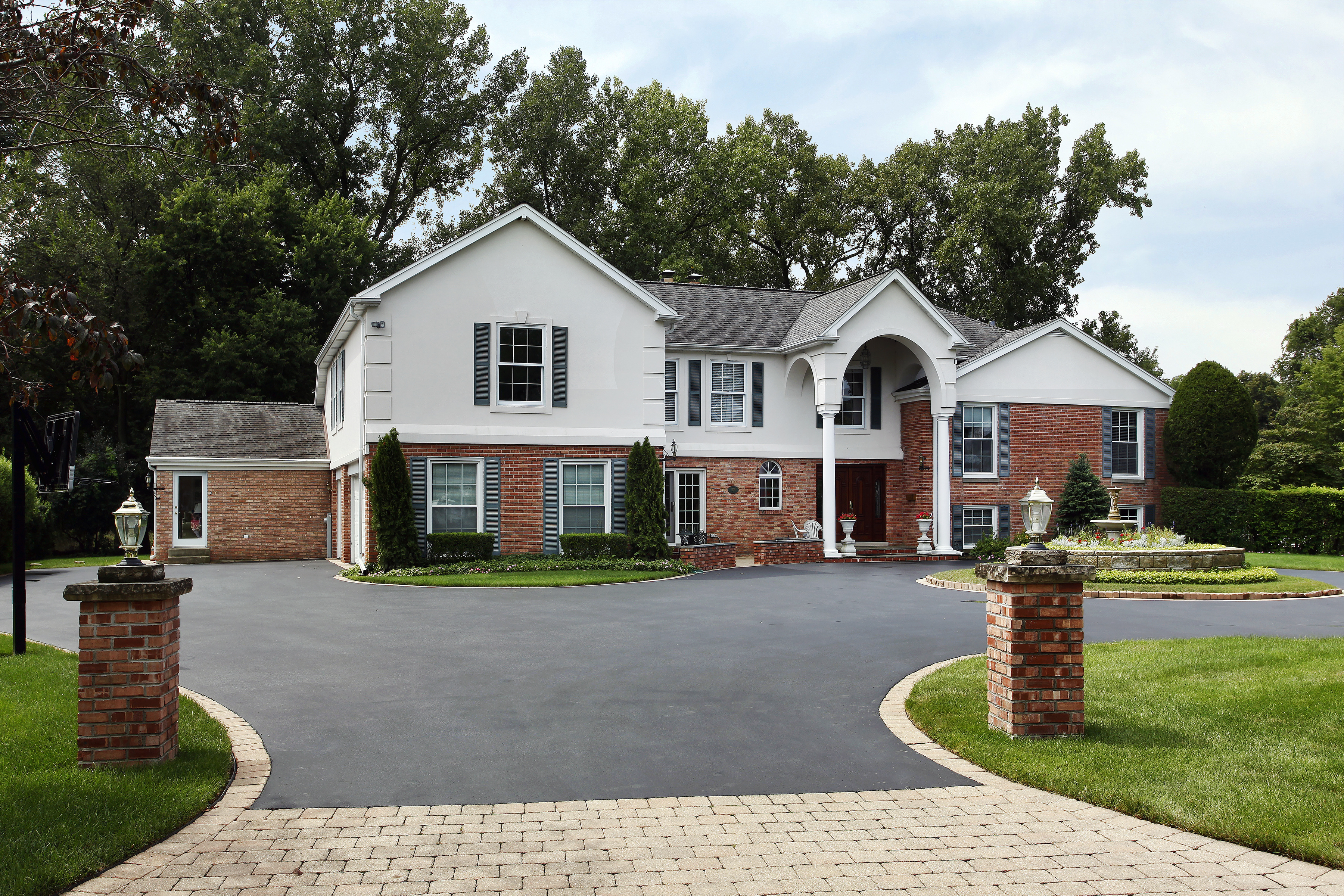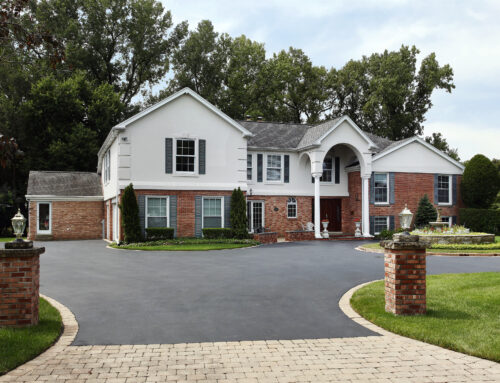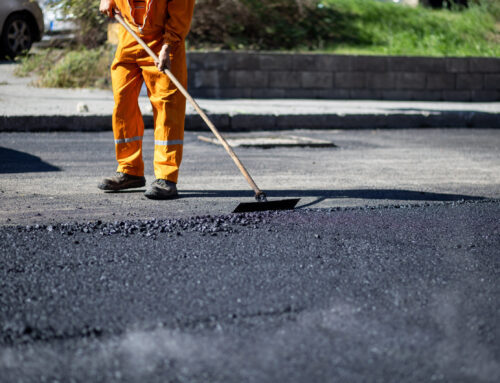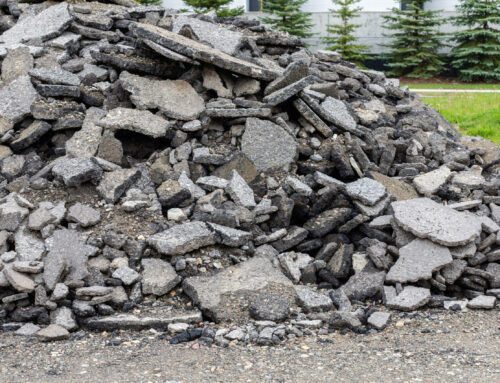This time on the Sunrise Asphalt blog we want to look at the one of the most common stretches of asphalt out there – the driveway! Everyone has their own little stretch of asphalt they drive and park on every day! For most, it’s the only stretch of asphalt they need to even think about! This time on the blog we’re covering it all, from driveway paving, to patching and repair, and sealing.
Driveway Paving
Paving your driveway is a great idea, for a number of reasons! For one, it’ll create a smoother surface for you to drive and park on, which will decrease wear and tear on your vehicle, extending its life span. Paving a driveway will also give your driveway some durability and resistance to the weather, lest you end up with a mudpit you have to dig yourself out of after a bad rain.
The biggest question here is cost! We get it, you want an idea how much it will run you to get your driveway pavement installed. We could give you a ‘range’ here but it wouldn’t be much good because the average might not reflect your job at all. Instead, give us a call or fill out this form for a free estimate. With a few details, we can better narrow in on what the estimated cost of your driveway will be!
Driveway Sealing
After your driveway has been paved, doing some driveway sealing is the next logical step. Sealcoating your driveway will protect and prolong the lifespan of your asphalt driveway. It will fill in any minor surface damage, as well as act as a protective layer blocking out UV rays, water, fluids from vehicles, and more! You need to seal it within 9-12 months after paving.
A sealcoat will last about two years, industry standards are to reseal in the 2-3 year time frame.
Driveway Repair
What happens when the damage is too great for a sealcoat to protect against? There are plenty of instances where the driveway might require real repair. A crack might occur from water finding its way through the sides of the asphalt, the sublayers might have shifted, a dent may develop in the top layer after a heavy trailer was allowed to sit while the asphalt was still curing.
Whatever the cause of the damage is, the next step is clear – repair and quick! The sooner you commit to repairing the dent or crack, the better it will be for your driveway in the long run! Even the smallest of cracks can turn into a pothole, and with potholes come damages to vehicles, and more costly repairs. So instead, fill the cracks or dents fast and avoid more expensive repairs and damages.
Driveway Replacement
Now, what happens if you’ve come into a driveway that a simple crack fill won’t handle? Maybe you’ve bought a new property or moved and the asphalt is just… bad. It might be time to accept it and move forward with a more comprehensive measure – driveway replacement.
First, be sure that you need a complete replacement. If the damage is widespread but is actually just superficial, you can probably use an overlay instead to completely rejuvenate the driveway. An overlay will use the existing, sturdy foundation to build on top of, restoring strength and looks to the driveway, without requiring the base to be excavated and rebuilt.
The only time you’ll definitely want to replace the driveway entirely is when it has reached the end of its lifespan, typically around 20 years in. At that point a repair might not be the best option, despite being cheaper, as the driveway is closer and closer to the end of its life.
If you’re selling a home, getting the driveway replaced or drastically repaired can add value to the home, so considering it then can make a lot of sense (and dollars!)
Alright, we’ll leave you there for the time being. Hopefully, this has answered any lingering questions you had about your asphalt driveway, whether you’re just getting it paved for the first time, or considering a potential replacement. If you’d like to get a free estimate for your driveway, give Sunrise Asphalt a call today!





